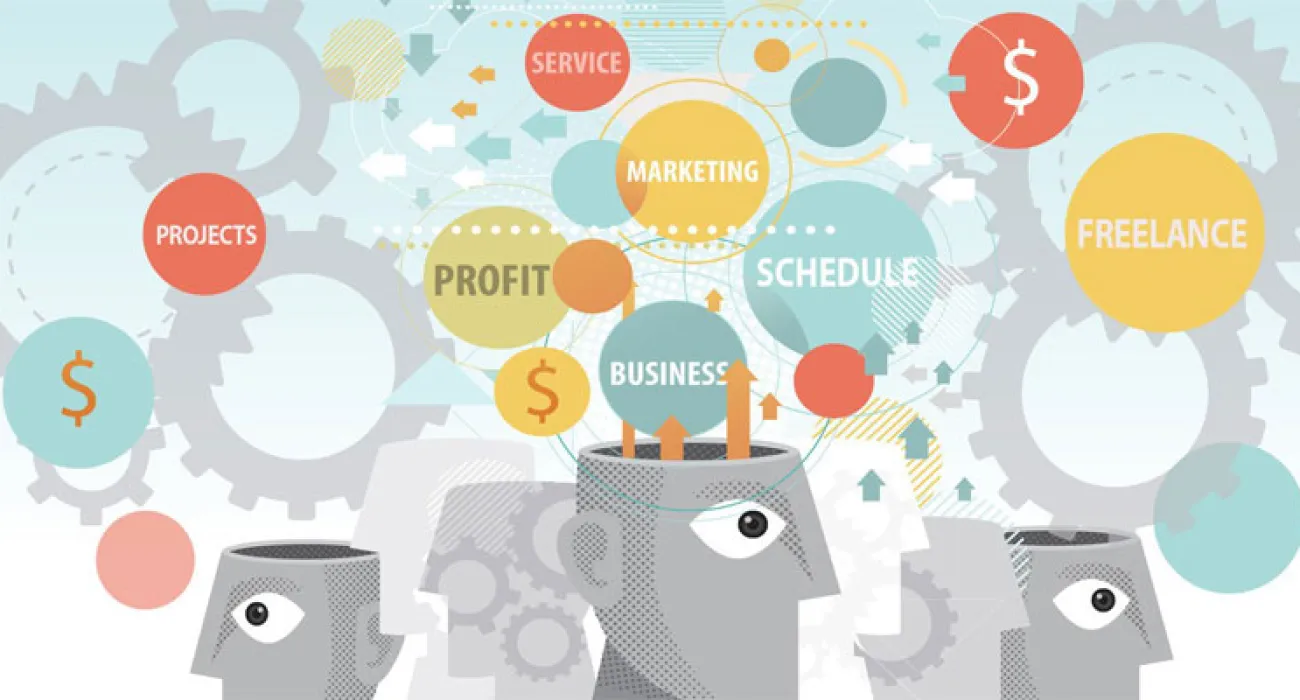You recently lost your job or your job lost youJ and now you have decided to take some freelance consulting job to pick up some spare cash. You fill out a W-9 in order to get paid, and a few weeks later a check comes in the mail made out to you. You are really excited because no taxes have been taken out and you feel flush with cash. At some point next year, you'll get your first 1099, but what should you be doing here in 2014 to make sure your ducks are in a row come tax filing time?
The reality is that most of you who earned your first 1099 will likely file Schedule C (sole proprietor) with your first year of income. Some of you may set up an LLC, but are still uncertain what you can deduct or how exactly incomes taxes will be paid. Here are some your smart money moves tips for you.
- Make sure you set up a business account and a business credit card. It is not a good idea to run your business expenses through your personal checking or your personal credit card. It will be confusing to someone looking at your business to understand why you would pay for business expenses through a personal account. This is especially going to be true when it comes to things like meals, entertainment, and travel.
- Set up an estimated tax payment account. Ideally, you will want to take somewhere between 25% to 30% of your check and put the money in this tax account. Depending on your other w-2 income from your family and the actual expenses you have in the business, you'll ultimately have a better idea after a full year where your real tax liability will be. However it is better to be safe than sorry.
- Keep track of all start up costs. Did you have any specific equipment, furniture, or other items that needed to be bought to start your business or necessary for you to do your freelancing job? Some or all of these expenses may be deductible to your business.
- Driving your car. Make sure you keep a log of all of the miles that you drove during the course of the year that were attributable to your business. You may actually deduct the expenses related to the upkeep of the car or the mileage which will be key to look at during tax time.
- All of your marketing costs including business cards, stationary, supplies, mailing costs, and much more may be able to be deducted off your bottom line.
- Ongoing education for your income. If there was ongoing education, continuing CE credits, licenses, and much more may be able to be deducted as well.
These expenses are not a complete list, but just a few you should look at to help minimize your bottom line for when you file your 2014 taxes.
Remember, that it is important to not with your 1099 income and expenses that you have a demarcation line between church and state. This means that you keep your business accounts and your personal accounts separate. You should be certain that you document all of your expenses, and only claim those that are truly attributable to your business. Get it all straight, and you will do what most business owners want to do which is pay as little tax as possible!
DISCLAIMER
Always consult a qualified financial advisor, CPA, or attorney before making any of these major financial decisions.
Written by: Ted Jenkin
Request a FREE consultation: www.oxygenfinancial.net
If you would like to receive more information on making smart money moves for your future, be sure to contact us today!




